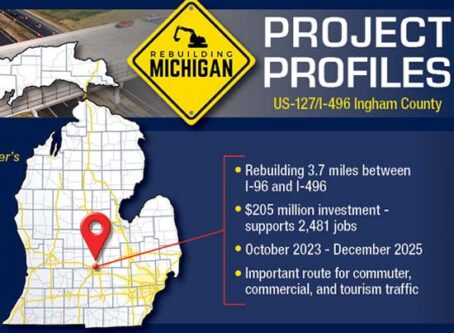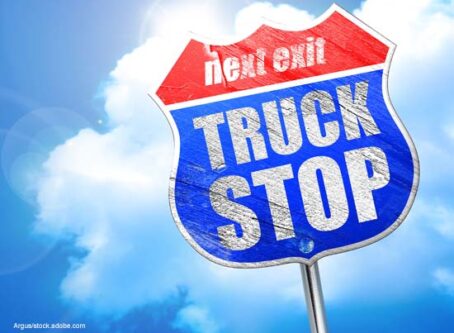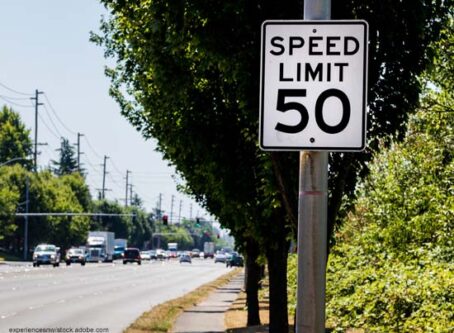What’s happening with AB5? The OOIDA Foundation explains
Saying that California’s Assembly Bill 5 has created confusion in the trucking industry would be quite the understatement.
Since the controversial worker classification law was passed in 2019, state officials have been mostly silent on how the law would be applied and enforced on the trucking industry. In an attempt to help truckers navigate some of the confusion, the OOIDA Foundation recently produced a video titled, “Where is AB5 Today?”
The 3-minute, 32-second video provides a brief overview regarding the law and what’s next in the saga that started when the California legislature passed AB5 in 2019.
The history of AB5
AB5, which codified the ABC Test, makes it more difficult for a worker to be considered an independent contractor. Many in the trucking industry, including the California Trucking Association and the Owner-Operator Independent Drivers Association, said the law would force the end of the owner-operator model in the state.
The ABC Test has three parts:
A. That the worker is free from the control and direction of the hirer in connection with the performance of the work, both under the contract for the performance of the work and in fact.
B. That the worker performs work that is outside the usual course of the hiring entity’s business.
C. That the worker is customarily engaged in an independently established trade, occupation or business of the same nature as that involved in the work performed.
The B prong of the test appears to make it nearly impossible for a leased-on truck driver to be considered an independent contractor.
After the California legislature passed AB5 into law, the California Trucking Association sought a preliminary injunction with the district court. The trucking group argued that AB5 was preempted by the Federal Aviation Administration Authorization Act, or F4A, which prevents states from enforcing a law or regulation related to a price, route or service of motor carriers. The law also violates the Commerce Clause of the U.S. Constitution, the California Trucking Association claimed.
The district court found that the law was likely to be preempted by the F4A and granted a preliminary injunction. Focusing on the F4A argument, the court did not tackle the questions surrounding the Commerce Clause.
California’s attorney general then asked for the Ninth Circuit to review the injunction.
In 2021, the Ninth Circuit ruled 2-1 that California’s AB5 “is a generally applicable labor law” and called for the removal of a preliminary injunction. The California Trucking Association then filed a petition to the U.S. Supreme Court. OOIDA was one of more than a dozen organizations to file amicus briefs in support of the California Trucking Association’s petition.
On June 30, the Supreme Court announced that it denied the California Trucking Association’s petition.
What now?
On July 14, OOIDA sent a letter to California Gov. Gavin Newsom in hopes of receiving some clarification on what truckers should expect from the law.
“California hasn’t provided any guidance on how they will enforce the law,” the OOIDA Foundation video says. “OOIDA has reached out to the governor’s office for clarification, and it’s still unclear how the courts will interpret the law.”
Groups, such as the California Trucking Association and OOIDA, will continue to pursue all legal options.
It’s possible the district court could revive the California Trucking Association’s claim that AB5 violates the Commerce Clause of the U.S. Constitution. A hearing is set for Aug. 22.
The Commerce Clause protects the right to engage in interstate commerce free of undue burdens and discrimination by state governments.
The OOIDA Foundation video explains that motor carriers would no longer be able to use an independent contractor for the duration of a shipment if the load originated in another state. For instance, an independent contractor hauling freight from Kansas to California would have to terminate the delivery at the border and arrange for the final leg to be hauled by an employee driver.
The California Trucking Association also is lobbying the state legislature to reverse AB5. LL









